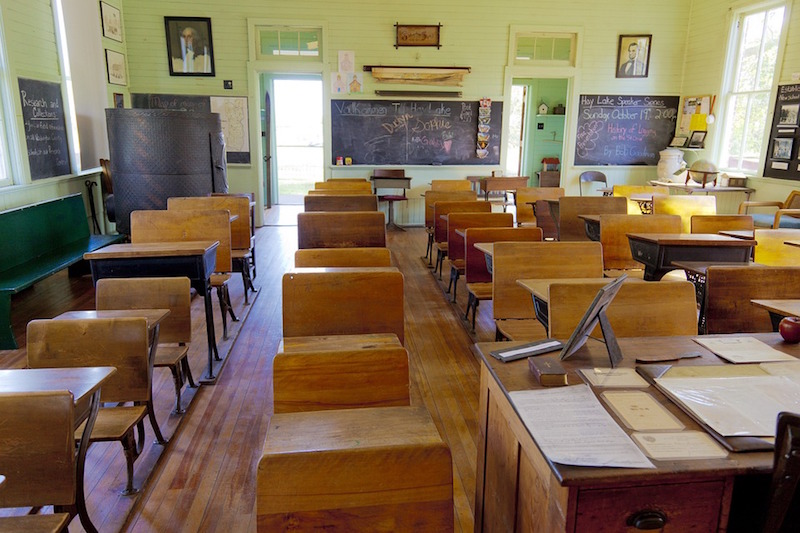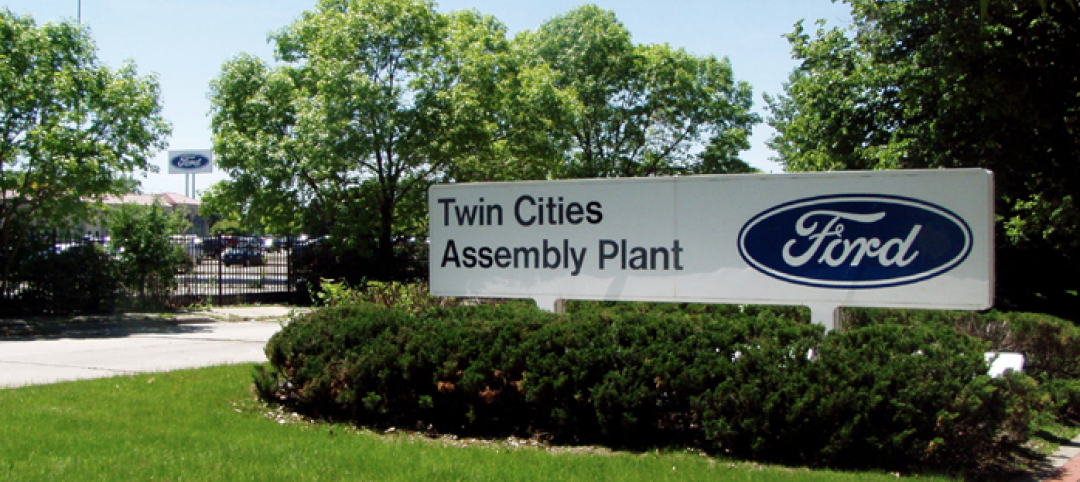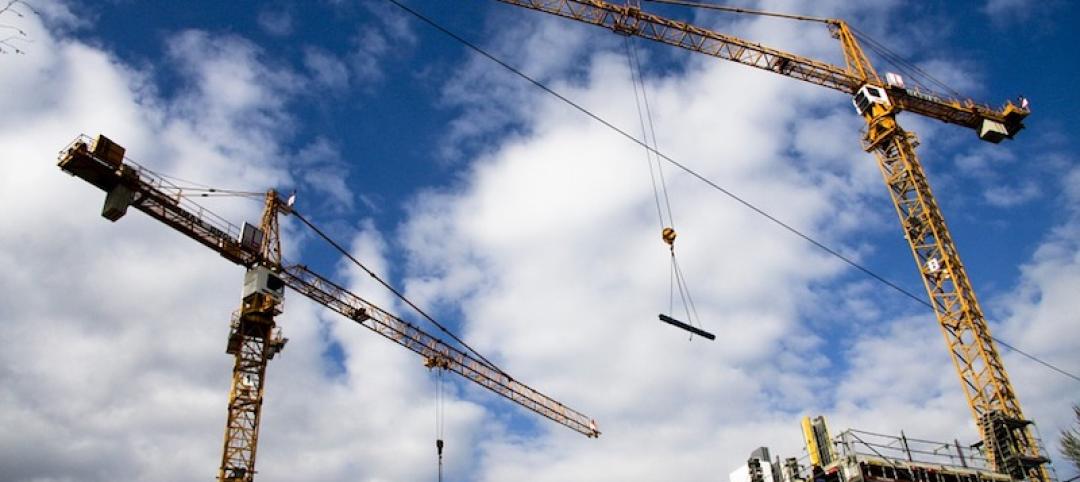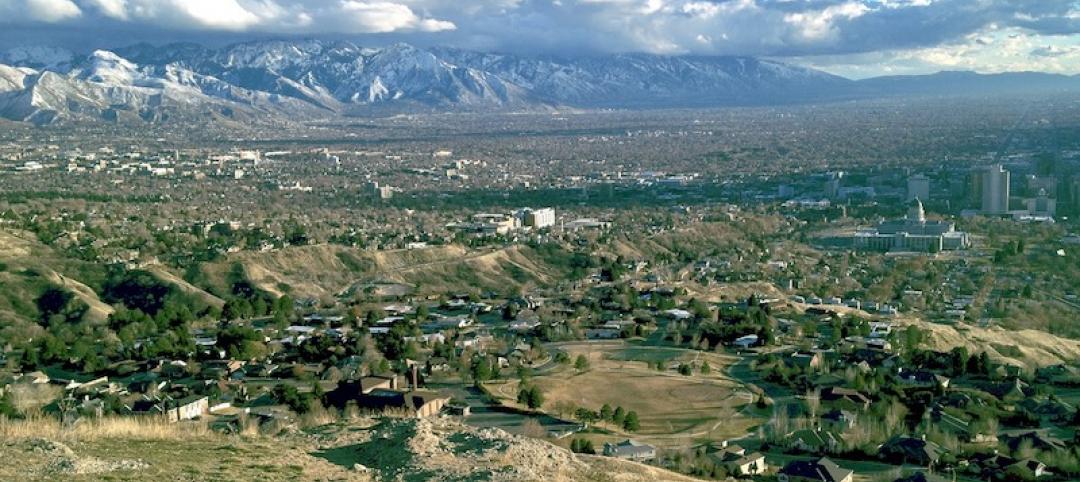The U.S. Department of Energy recently launched the zero energy schools accelerator, an effort to develop cost-competitive zero energy school design.
Six school districts, two states, and several national organizations are working collaboratively on the effort. DOE defines a zero energy building as “an energy-efficient building, where on a source energy basis, the actual delivered energy is less than or equal to the onsite renewable exported energy.”
The program’s goal is to quickly make Zero Energy K-12 schools more mainstream. Participating school districts commit to developing their own zero energy plans for a district project within a year. They can also engage with fellow states and school districts, and gain support from regional and national organizations.
Officials kicked off the program at a school in Arlington, Va., that features advanced next generation energy efficiency and renewable power features, including solar rooftop and geothermal heating and cooling systems. Zero Energy schools have the potential to save 65%-to-80% in energy consumption, depending on climate the zone, DoE says.
Related Stories
Codes and Standards | Jul 17, 2018
NIMBYism, generational divide threaten plan for net-zero village in St. Paul, Minn.
The ambitious redevelopment proposal for a former Ford automotive plant creates tension.
Codes and Standards | Jul 17, 2018
In many markets, green features are more of a requirement for apartment renters
Renters in many U.S. cities have come to expect green features in apartments that they rent, with an eye toward energy efficiency and healthy indoor air.
Codes and Standards | Jul 16, 2018
Length of North American construction disputes continues to increase
They already far exceed global average.
Codes and Standards | Jul 12, 2018
Developer says net zero Salt Lake City apartment high-rise built at standard cost
Off-site solar, and mechanical/electrical system savings aid the achievement.
Codes and Standards | Jul 11, 2018
D.C. local worker requirement not being met
Government doing little to verify self-reported project data.
Codes and Standards | Jul 10, 2018
Carbon emissions in cement production threaten GHG reduction goals
Cement is essential to many infrastructure projects that address climate change.
Codes and Standards | Jul 10, 2018
DOE’s Better Buildings Summit to be held in Cleveland, August 21-23
Agenda includes technical training and networking opportunities.
Codes and Standards | Jul 6, 2018
Houston’s lessons learned from Harvey include lack of awareness by residents of flood danger
Inconsistent regulatory environment also cited.
Codes and Standards | Jul 6, 2018
Delos and HDR will co-develop wellness design tools and collaborate on research
WELL Building Standard pioneer teams with architects to advance wellness innovations in the built environment.
Codes and Standards | Jul 5, 2018
BREEAM New Construction standard launched in U.S.
Follows successful launch of BREEAM In-Use standard.

















